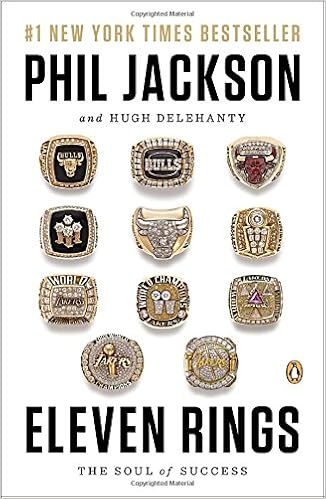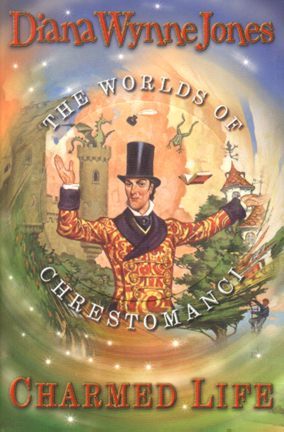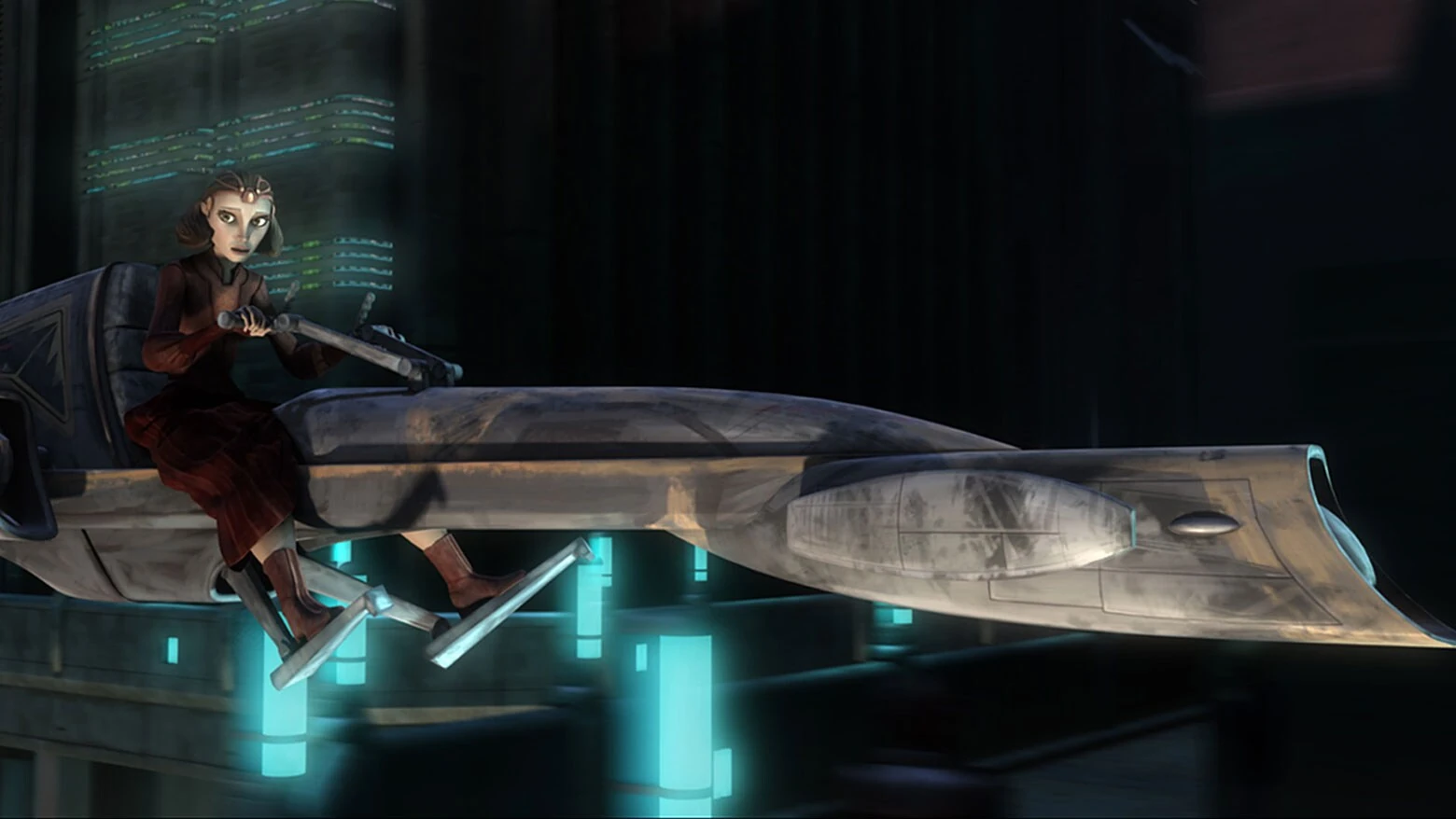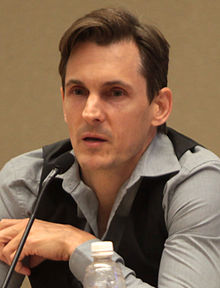Writer and Artist: Shigeru Mizuki
 |
| via Goodreads |
The war was not going well for Japan in 1944. After scoring early, dazzling victories over the Allies, deficient supply lines were taking their toll. Defeat was essentially inevitable but no one within the military establishment was willing to admit it. Surrendering was not considered an option. Instead, thousands of Japanese soldiers and sailors scattered about the Pacific - the author included - were expected to go "onward toward their honorable deaths." The lives of individuals were worth nothing compared to the honor of the nation. Under-supplied and with no hope of reinforcements, they fought disease and starvation as much as the enemy.
By his own admission, the author survived it all through sheer luck, though hardly unscathed. He lost his left arm and endured violent bouts with malaria. When he finally returned home to Japan, his homeland was physically, emotionally and economically devastated, hardly in a position to absorb legions of servicemen back into society.
The post-war occupation of Japan by the United States had as much to do with the forming of the modern nation as the war did. With the country's own military leaders defeated and disgraced, the Japanese looked to General Douglas MacArthur as the new father figure. Even when I was in Japan 50 years later, MacArthur was still held in high reverence by those who remembered. Not all American decisions were popular or effective but their presence allowed the newly demilitarized Japan to build an economic foundation for the future. Prosperity came sooner than expected. When the United States entered the Korean War in 1950, Japan provided a staging ground and vital supplies. The economy boomed.
Meanwhile, the author struggled to find his own place in the world. The genius of the series is the effective interweaving of Mizuki's story with that of the nation. For all of his troubles, his suffering was minimal compared to millions of Japanese. The Showa series is a powerful reminder of the extraordinary journey the country has been on over the past three generations.




_Cover.jpg/230px-All_My_Darling_Daughters_(manga)_Cover.jpg)









